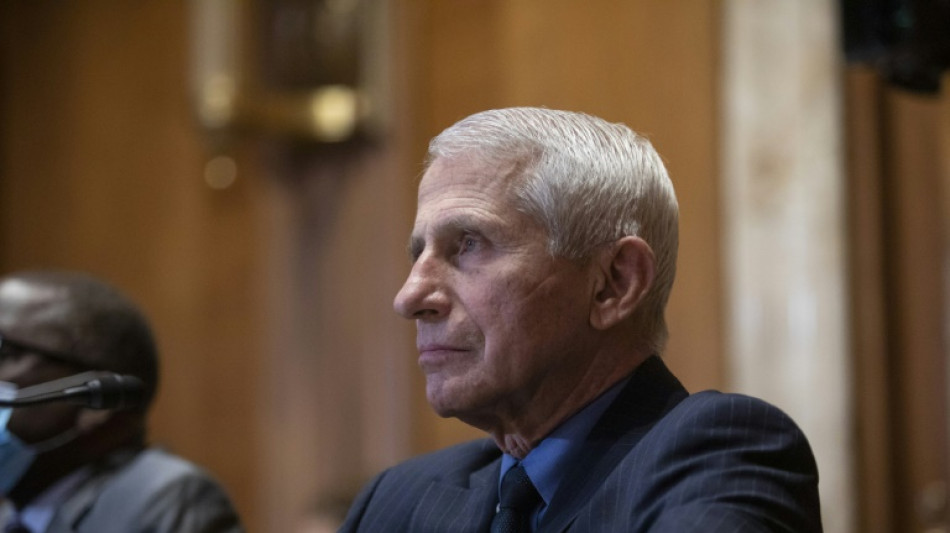
RBGPF
-0.9200


Anthony Fauci, who has helmed the United States' response to infectious disease outbreaks since the 1980s, will retire by the end of President Joe Biden's current term, he said in interviews Monday.
The 81-year-old told Politico and CNN he would step down from his position as director of the National Institute of Allergy and Infectious Diseases (NIAID) to pursue other avenues sometime before January 2025.
"Obviously, you can't go on forever. I do want to do other things in my career, even though I'm at a rather advanced age," Fauci, who is also Biden's chief medical advisor, said to CNN.
He told Politico he did not plan to stay in office long enough to see out Covid-19 because the disease was not going away soon.
"I think we're going to be living with this," said Fauci, who was appointed director of the National Institutes of Health's NIAID in 1984 and has served under seven presidents.
When Covid first spread globally from China, he became a trusted source of reliable information, reassuring the public with his calm and professorial demeanor during frequent media appearances.
But his honest takes on America's failures to get to grips with the virus brought Fauci into conflict with former president Donald Trump, and turned the physician-scientist into a hated figure for some on the right.
Fauci now lives with security protection after his family received death threats and harassment.
But he was conciliatory toward his former nemesis Trump in his Politico interview.
"We developed an interesting relationship," said the Italian-American.
"Two guys from New York, different in their opinions and their ideology, but still, two guys who grew up in the same environments of this city. I think that we are related to each other in that regard."
During the 1980s, Fauci became a lightning rod for criticism that the government was not doing enough to stem the rise of HIV-AIDS -- but later forged a close collaboration with activists.
His accomplishments include implementing a fast-track system that widened access to antiretroviral medicines, and working with former president George H.W. Bush to plough in more resources.
Under president George W. Bush, Fauci was the architect of the President's Emergency Plan For AIDS Relief (PEPFAR), credited with saving millions of lives in sub-Saharan Africa.
As a scientist, he is credited with developing effective treatments for formerly fatal inflammatory diseases, as well as for contributions into understanding how HIV destroys the body's defenses.
Despite his many duties, he continues to treat patients at the NIH's Clinical Center in Bethesda, Maryland.
M.Fujitav--JT